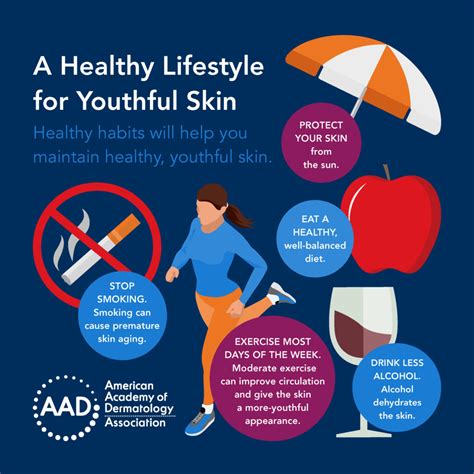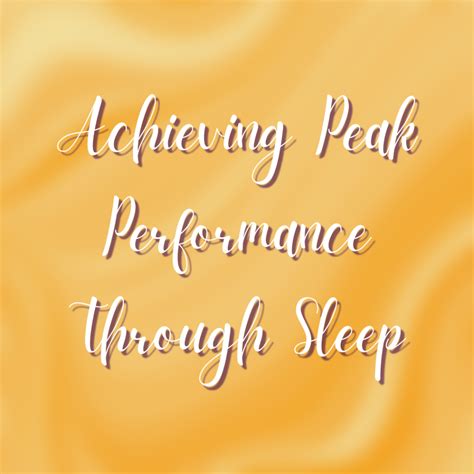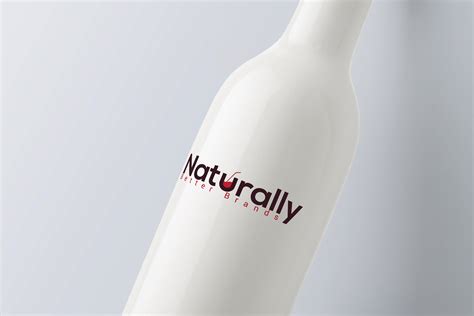How to naturally boost testosterone for peak male performance & vitality?
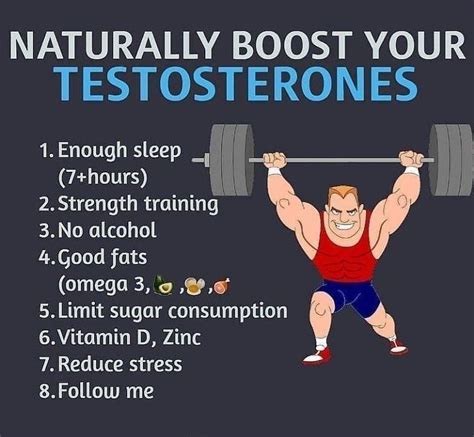
Testosterone, often hailed as the cornerstone of male health, plays a pivotal role far beyond just sex drive and muscle mass. This crucial hormone influences energy levels, mood, bone density, red blood cell production, and overall vitality. As men age, or due to various lifestyle factors, testosterone levels can decline, leading to a range of undesirable symptoms from fatigue and decreased libido to reduced cognitive function and increased body fat. While synthetic options exist, many men are increasingly seeking natural, sustainable ways to optimize their hormonal health.
Fortunately, your body possesses an incredible capacity to regulate its own systems, and by making strategic adjustments to your diet, exercise routine, sleep patterns, and stress management, you can significantly enhance your body’s natural testosterone production. This article will guide you through evidence-based natural methods to help you reclaim your peak performance and vitality.
Optimize Your Diet for Hormonal Support
What you eat directly impacts your hormonal landscape. A diet rich in whole foods, healthy fats, and specific micronutrients is fundamental for testosterone production.
- Healthy Fats: Cholesterol is a precursor to testosterone. Incorporate healthy fats from sources like avocados, nuts, seeds, olive oil, and fatty fish (salmon, mackerel). Avoid trans fats and limit excessive saturated fats.
- Zinc: This mineral is crucial for testosterone synthesis. Good sources include oysters, red meat, poultry, beans, nuts, and dairy products.
- Vitamin D: Often called the “sunshine vitamin,” Vitamin D functions like a steroid hormone in the body and is strongly linked to testosterone levels. Aim for regular sun exposure and consume foods like fortified milk, fatty fish, and egg yolks, or consider supplementation under guidance.
- Magnesium: Involved in over 300 enzymatic reactions, magnesium can help improve free testosterone levels. Find it in leafy greens, nuts, seeds, whole grains, and dark chocolate.
- Cruciferous Vegetables: Broccoli, cauliflower, cabbage, and Brussels sprouts contain compounds that help regulate estrogen levels, which can indirectly support higher testosterone.
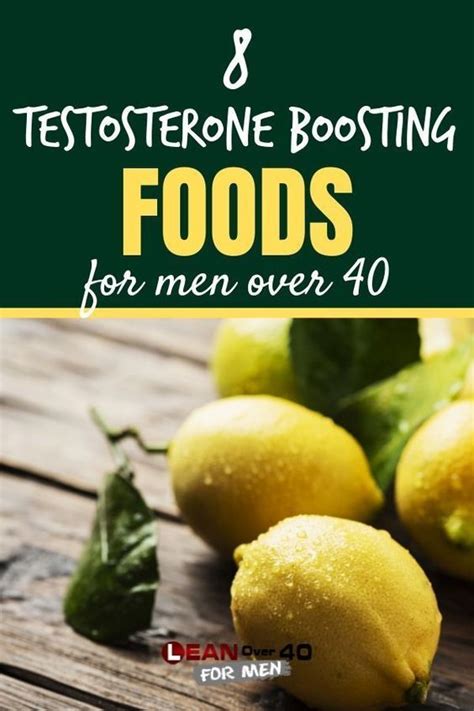
Embrace Strength Training and High-Intensity Interval Training (HIIT)
Exercise is a powerful natural testosterone booster, but not all forms of exercise are equally effective. Focus on these types:
- Strength Training: Lifting weights, especially compound exercises like squats, deadlifts, bench presses, and rows, stimulates significant testosterone release. Aim for heavier weights with fewer reps (e.g., 3-5 sets of 5-8 reps) and ensure adequate rest between sessions.
- High-Intensity Interval Training (HIIT): Short bursts of intense exercise followed by brief recovery periods can also effectively boost testosterone. Examples include sprinting, cycling, or rowing with high effort for 30-60 seconds, followed by 1-2 minutes of low-intensity recovery.
Avoid excessive long-duration cardio, as this can sometimes lead to an increase in cortisol (a stress hormone) which can counteract testosterone production.

Prioritize Quality Sleep
Sleep deprivation is a silent killer of testosterone. During deep sleep, your body performs crucial restorative functions, including hormone production. Studies show that even a week of restricted sleep (e.g., 5 hours per night) can significantly reduce testosterone levels in young, healthy men.
Aim for 7-9 hours of high-quality sleep per night. Establish a consistent sleep schedule, create a dark, cool, and quiet sleep environment, and limit screen time before bed to improve sleep quality.

Manage Stress Effectively
Chronic stress leads to elevated levels of cortisol. Cortisol and testosterone have an inverse relationship; when cortisol goes up, testosterone often goes down. Prolonged stress can therefore severely hinder your body’s ability to produce optimal testosterone levels.
Incorporate stress-reducing practices into your daily routine: meditation, yoga, deep breathing exercises, spending time in nature, engaging in hobbies, or even just regular social interaction can help keep cortisol in check.

Lifestyle Choices for Sustained Testosterone
Beyond the core pillars, several lifestyle adjustments can further support healthy testosterone levels:
- Limit Alcohol Consumption: Excessive alcohol intake can interfere with the endocrine system and reduce testosterone production. Moderate consumption is generally acceptable, but heavy drinking should be avoided.
- Maintain a Healthy Weight: Obesity, particularly abdominal fat, is strongly linked to lower testosterone. Fat cells contain an enzyme called aromatase, which converts testosterone into estrogen. Losing excess weight can significantly improve testosterone levels.
- Avoid Endocrine Disruptors: Be mindful of exposure to chemicals found in plastics (BPA, phthalates), pesticides, and certain personal care products, as these can mimic hormones and disrupt the endocrine system.
Conclusion
Boosting testosterone naturally is a holistic endeavor that requires a commitment to a healthy lifestyle. By optimizing your diet with nutrient-dense foods, engaging in targeted strength training and HIIT, prioritizing 7-9 hours of quality sleep, and actively managing stress, you can create an environment where your body naturally thrives and produces testosterone at optimal levels. These sustainable changes not only enhance your male performance and vitality but also contribute to overall long-term health and well-being. Consult with a healthcare professional before making significant lifestyle changes, especially if you have underlying health conditions.
